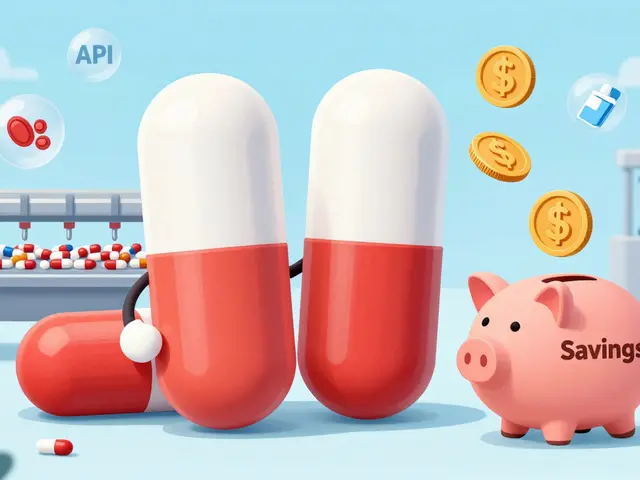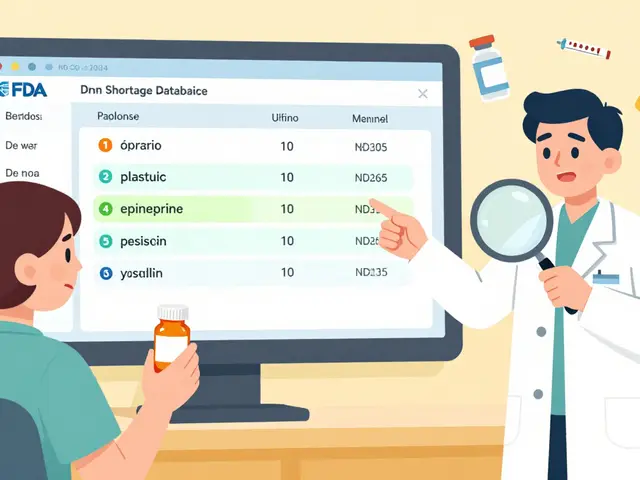Health Technology: How AI Apps Are Changing Everyday Care
If you’ve ever Googled a rash or headache, you know the endless list of results that leaves you more confused than helped. Today, your phone can do better – thanks to AI health apps that act like a pocket doctor. These tools read your symptoms, learn from your data, and give advice that feels personal rather than generic.
Why AI Matters in Mobile Health
AI isn’t just hype; it actually spots patterns that a simple checklist can miss. For example, an app might notice that you report fatigue every night after drinking coffee and suggest a different routine before suggesting medication. That kind of nuance comes from machine‑learning models trained on thousands of real cases.
The biggest win is speed. Instead of waiting for an appointment, you get instant feedback that can tell you whether to see a doctor now or monitor the symptom at home. Many apps also sync with wearable devices, so heart‑rate spikes or sleep irregularities automatically factor into the analysis.
Top Apps That Rival WebMD
We’ve looked at a handful of AI‑driven apps that are giving WebMD a run for its money. SymptomAI offers a chat‑style interface, learns from each conversation, and adjusts its suggestions as you add more details. HealthSnap integrates with popular fitness trackers to combine activity data with symptom input, delivering lifestyle tips alongside medical advice.
All three apps we reviewed – SymptomAI, HealthSnap, and MedGuide+ – provide clear privacy settings. You can lock your data behind a passcode or choose to delete history after each session. This matters because health info is sensitive, and the best tools give you control.
What sets these apps apart isn’t just AI; it’s how they present information. Instead of long articles, they break down advice into bullet points, show risk levels with simple icons, and let you tap for deeper explanations if you want them.
Want to try one? Start with the free version of SymptomAI – it asks a few quick questions, shows a confidence score, and suggests next steps. If you like the vibe, upgrade for detailed reports that you can share with your doctor.
Remember, these apps are helpers, not replacements for professional care. Use them to get a clearer picture before you call the clinic, but always follow up when symptoms persist or worsen.
At BuyEmp, we keep an eye on health tech so you don’t have to sift through endless forums. Our category page brings together the newest tools, honest reviews, and tips for staying safe while using digital health services. Dive in, compare apps, and find the one that fits your lifestyle.
OCT, fundus photography, and fluorescein angiography are key tools for detecting eye diseases like diabetic retinopathy and macular degeneration. Learn how each works, what they show, and why doctors use them together.
Everyone's heard of WebMD, but what if your pocket doctor could do more than ask a few yes/no questions? This deep-dive reveals the latest mobile health apps that use AI to personalize medical advice, even recognizing trends in your own symptoms to deliver smarter suggestions. Expect specific app reviews, up-to-date stats, and sharp tips on protecting your privacy while getting the information you really need. It's not just about spotting a rash—it's about smart health tracking, better-than-ever symptom analysis, and what actually sets these apps apart. If you're tired of generic search results, get ready for some game-changing options, packed with real-world facts you can use.







